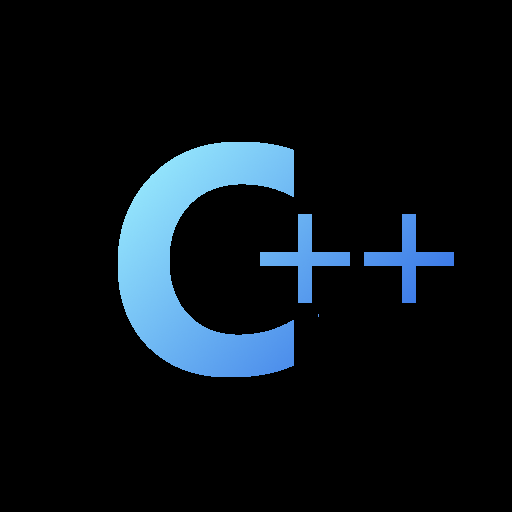

Box art back then was more akin to book cover art: an artist’s interpretation of the content. It never disappointed me. I even miss it sometimes. I used to collect images of box art even without the games, because it really was art.


Box art back then was more akin to book cover art: an artist’s interpretation of the content. It never disappointed me. I even miss it sometimes. I used to collect images of box art even without the games, because it really was art.


Gen X: don’t quote the ancient piracy to me, Millennial. I was there for BBS and Napster.


Press and hold the Windows key, then tap the R. Let go of the windows key. Type cmd enter. Type format C:\ enter.
Sadly they “fixed” this.


I refuse to think of 2000 as anything but the future where will all have flying cars.


That comma in the title made me think they blame Iran for Trump.
Our code base is filled with “//constructor”, “//destructor”, “//assignment”, or the ever enlightening “Foo GetFoo(); // GetFoo”.
This is not what they mean by self-documenting code.


You should really ask the same question - or its inverse - in a conservative forum. If you only ask it here, you’ll get a very skewed answer.
And to be honest, the question itself and the wording shows your bias as well. Whenever something about US politics is posted on Lemmy, there are always comments about how “they” are hate-filled people, how “they” are projecting, how “they” want to rape children. It’s a different expression of that hatred, but it is the same hatred.
I think of std::any as a void* that retains type info.
A typical use case for void* is user data in callback functions. If you’re writing a library that offers callbacks to client code, you may want to provide a way for the user to pass along their own data when registering a callback. Then when calling it, you return that data unmodified*. The library doesn’t know nor care what this user data is. Since the days of K&R C, this has been done with void*.
But void* erases the type. The library may not care about the type, but the client code does. The only way to get the original type from a void* is an unsafe cast. std::any mitigate this.
*edit: unmodified, not modified!


That’s another benefit: no more meetings.


I’ve been a proponent of this for ages. It makes no sense to cross some imaginary line and suddenly time shifts. Time should change constantly as you move east or west, up or down. Everyone has their own personal time, which is constantly updated.
Bonus: no more daylight savings switch.
Exactly! Even the indicator light of my speakers bothers me during long nightly sessions. I want to see the screen, nothing else.


That’s a misconception. Farmers lobbied heavily against DST. Their work does not abide by the clock; they milk when cows need milking, and they harvest when there’s enough light, no matter what some clock says.
In Europe, DST as we know it now was first introduced by Germany during WW1 to preserve coal, then abandoned after the war, and widely adopted again in the 70s. In the US it was established federally in the 60s.
This is all glossing over a lot of regional differences and older history. But yeah, US farmers were very much against the idea.
Honestly his defence is rather weak. “It’s been improving and there are ways to use it safely.”
That is not to say I agree with the administration’s statement. Not only is secure code only one aspect among a myriad to consider when choosing a language, using a “safer” language does not necessarily lead to more secure code.
C++ would be called C for short.


This has nothing to do with C++, it’s just about the author floundering when trying to find a file at runtime.


I thought this might be an interesting read until I saw the blurb with 4 hashtags and 4 emoticons in just 4 sentences.


“This button turns on the light in the hallway. Sometimes it brings the whole house down on you, but we haven’t found a way to reliably reproduce this. If that happens just crawl from under the rubble, rebuild the house, and try again. This time the light should turn on.“
“Oh, and send us the log messages.”
It is important to know that these are books for computer scientists more than for software engineers. They are basically mathematics textbooks, about the mathematics of algorithms. They focus on proving theorems rather than implementing useful algorithms.
There is a book called concrete mathematics that is sort of an introduction to TAOCP. If you’re interested in the basics that may be a good place to start. It has a better title than TAOCP in that it explicitly mentions mathematics, but also an equally bad one because it’s very much theoretical rather than concrete.